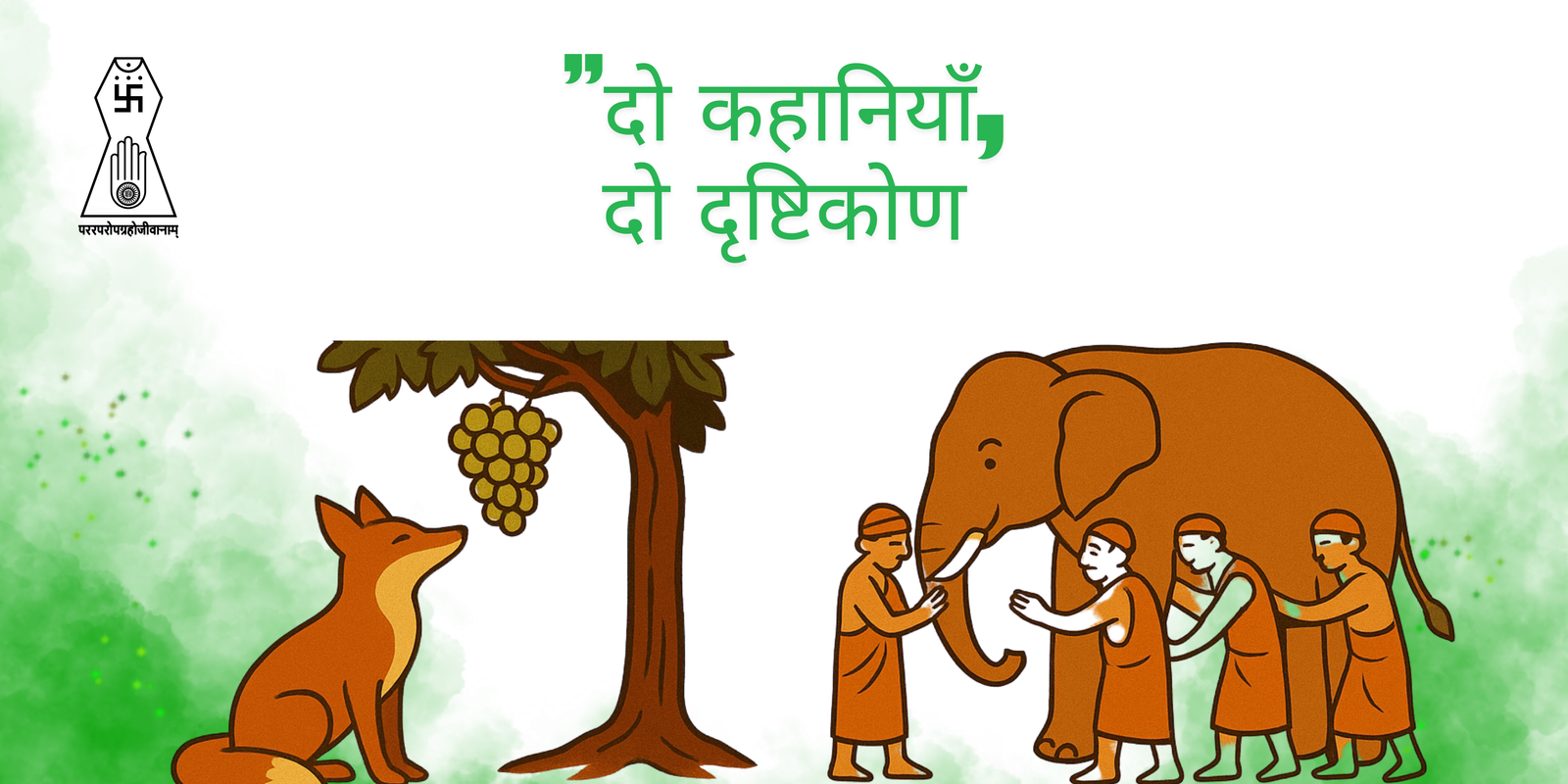A Jain Take on Today’s Love Confusion
In today’s fast-paced digital world, where messages fly instantly, “soft launches” are common, and conversations often end with “let’s see where this goes,” many young people find themselves in confusing emotional spaces. These undefined connections are what we now call situationships.
A situationship can feel comfortable, familiar, and even exciting, yet it often lacks clarity and commitment. There’s closeness, but the boundaries remain blurry, leaving room for uncertainty and emotional stress. On the other hand, a relationship involves clarity, trust, mutual respect, and a deeper emotional bond—where both people understand and honor each other’s intentions and expectations.
Even though Jainism is ancient, its principles are timeless and surprisingly relevant to these modern emotional dilemmas. Values like truth (Satya), non-violence (Ahimsa), self-discipline (Samyama), and self-awareness (Atma-jnana) can guide young people in understanding their feelings and making mindful decisions.
Jain teachings emphasize honest communication, clear intentions, and conscious choices. By applying these principles, we can distinguish whether a bond is just a temporary convenience or a meaningful, lasting connection. In this way, we navigate relationships with clarity, respect, and emotional integrity, ensuring that our hearts are aligned with both our values and our well-being.
1. Situationship vs Relationship : Clarity vs. Confusion — Guided by Satya (Truthfulness)
Situationship:
This space often lacks clarity. People avoid labels and conversations that define the bond. Emotions exist, but intentions stay hidden—leading to misunderstandings and overthinking.
Relationship:
Rooted in Satya, a true relationship is transparent. Honest communication forms its foundation. Both individuals understand where they stand and what they expect. There’s no fear in expressing love, commitment, or concern.
Satya isn’t just about speaking the truth—it’s about living it with courage and clarity.
2. Situationship: Respect vs. Emotional Harm — Guided by Ahimsa (Non-Violence)
Situationship:
Without clarity, actions may unintentionally hurt the other person. Ghosting, mixed signals, or emotional unavailability can create mental unrest.
Relationship:
Ahimsa, the principle of non-violence, teaches us to be gentle not only with actions but also with emotions. Respect, empathy, and mindful communication prevent harm and build a secure emotional space.
Love rooted in Ahimsa is kind, thoughtful, and emotionally safe.
3. Relationship: Freedom vs. Attachment — Guided by Aparigraha (Non-Possessiveness)
Situationship:
There is often unhealthy attachment without commitment. People expect exclusivity without offering security—resulting in jealousy, fear, or emotional dependency.
Relationship:
Aparigraha encourages emotional balance. It teaches us not to cling or control but to love with freedom and trust. A healthy relationship allows space, growth, and individual identity.
Aparigraha helps build love that breathes—not binds.
4. Relationship: Consistency vs. Convenience — Guided by Tapas (Self-Discipline)
Situationship:
Effort is often seasonal—limited to free time, good moods, or lonely nights. There’s no real discipline in nurturing the bond.
Relationship:
Tapas reminds us that consistency, patience, and effort are essential in any meaningful journey. In a relationship, both partners invest time and energy to grow together—even when it’s tough.
Real love doesn’t just happen—it’s built with mindful discipline.
5. Compassion vs. Self-Interest — Guided by Karuna (Compassion)
Situationship:
The balance of giving and receiving is often unequal. One gives more, the other gives less. There’s minimal emotional reciprocity.
Relationship:
Karuna is the practice of active compassion. In a true relationship, both people support each other in growth, celebrate each other’s wins, and share each other’s struggles with care and understanding.
Karuna transforms connection into companionship.
Situationship vs Relationship: Conclusion: Ancient Values for Modern Love
In today’s world, love can often feel like a scrolling feed—fast, filtered, and fleeting. But Jainism reminds us that true connection isn’t about confusion or convenience. It’s about clarity, care, and conscious commitment.
Understanding these principles isn’t just for monks or scholars—it’s for every young person trying to love better in a chaotic world.
Whether you’re in a relationship or wondering what your situationship means, Jain philosophy offers a mirror: not to judge, but to guide. Choose love that aligns with truth, respect, and compassion.
Because even in the age of temporary likes, permanent values never go out of style.








